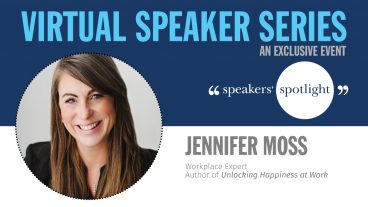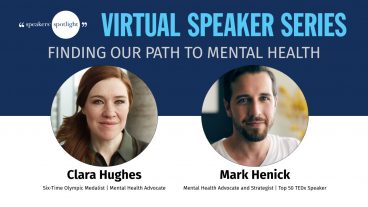Life after a pandemic is new territory for all of us, and it’s essential to recognize that its effects on all of us vary just as our experiences with it have. In this way, we can go forward into this new phase with compassion, understanding, and empathy.
Part one of this blog post discussed hyper sociability, social anxiety post-pandemic, and germaphobia. Part two focuses on overcoming some of what we experienced or dealt with during the pandemic, such as grief, addiction, and trauma.
Post-Traumatic Stress
After a natural disaster, research shows that an estimated 10% of people will develop a psychological problem such as anxiety disorders or post-traumatic stress disorder (PTSD). However, a follow-up study of the 2003 SARS outbreak showed that 44% of survivors developed PTSD. With this in mind, anyone, from a front-line worker and healthcare worker to an individual who had COVID, could be at risk.
How to cope: The research suggests that two-thirds of people who experience some form of post-pandemic stress disorder will rebound thanks to natural resiliency factors. If you or someone you know is struggling with PTSD, the best thing you can do is seek professional help.
Delayed/Complex Grief Reactions
It’s thought that between 10-20% of those who lose a loved one will experience prolonged grief disorder (PGD). PGD is grief lasting past 18 months and leads to depression or depressive-like symptoms. For those who lost loved ones to COVID-19, a delayed grief response can be expected.
When we lose a loved one, things often remind us of them that can trigger grief. Life has looked so different that some of these memories or triggers have not been around for the past year. It’s also understandable that while dealing with the ongoing confusion and stress of COVID, many individuals put the processing of their loss or grief on the backburner.
How to cope: When coping with grief, the best course of action is to acknowledge the pain and be compassionate with yourself or those around you experiencing grief. Seek out support from others. This could be family and friends or a professional. All grieving processes are unique and can be triggered by a death, divorce, job loss, or loss of security in some capacity. Make sure you’re getting enough sleep, eating healthy, and making time for outdoor activity or play.
Coping with Reduced Alcohol, Drug, and Online Distractions
Viral videos of people making fun of their not-so-secret wine coping mechanism overtook the internet at the beginning of the pandemic, bringing humour to a dark and confusing situation. However, increased alcohol consumption, drug use, and online distractions, such as pornography or gambling were a reality for many. As we return to normal, this means a bit of disengagement from new habits or addictive coping mechanisms. This withdrawal can range from a bit of frustration and irritability to full-on withdrawal from a substance.
How to cope: If you believe a loved one may be struggling to cope with a new addiction, speak to a professional about offering them help.
What It All Means and How to Move Forward
It may feel like ages ago, but we all went into our first lockdown not too long ago. It was confusing and scary, but somehow, we came together with the help of technology; we found light in an otherwise dark time. For some, this meant stepping back and enjoying a break from work. Others returned to school or pursued a new hobby. Even if all you did during the pandemic was get caught up on reality TV, it was a time to rest and step back. As we transition out of this acute stage, it’s normal to feel off-balance once more. When our routines are disrupted, even in a good way, it can be unnerving.
Luckily, we’re an adaptable species. The transitional phase is always a little tricky, but with understanding and compassion, we’ll navigate this together as well.
An award-winning medical doctor, Dr. Shimi Kang provides science-based solutions for health, happiness, and achievement in the workplace, classroom, and at home. With 20 years of clinical experience and extensive research into the science behind optimizing human intelligence, Kang provides practical tools to cultivate the key 21st century skills of resilience, connection, creativity, and more.
Interested in learning more about Shimi and what she can bring to your next event as a keynote speaker? Email us at [email protected].




